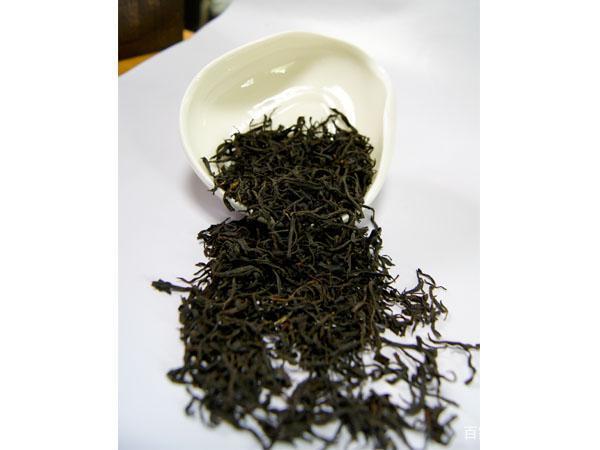This issue focuses on Wuyi Mountain's Lapsang Souchong black tea, with Tongmu Village being the birthplace of this world-renowned tea. The author spent nine years in Wuyi Mountain studying its tea culture, gaining significant insights.
Lapsang Souchong (lapsang sauchong), along with artificial varieties, is collectively known as Souchong black tea. Originating in Wuyi Mountain, Fujian, it is the earliest black tea in the world, dating back over 400 years to the mid-to-late Ming Dynasty. Later, Gongfu black tea was developed based on Lapsang Souchong. Historically, it was traded in Xingcun, hence also called Xingcun Souchong. After the Opium War, competition in the tea market led to the distinction between authentic ("Zhengshan") and non-authentic varieties, with "Zhengshan" symbolizing正统 (orthodox).
In Europe, Lapsang Souchong was initially called WUYI BOHEA. "Zhengshan" refers to tea produced in Tongmu and surrounding areas at the same altitude, using traditional methods, with a distinctive longan flavor.
Lapsang Souchong flourished in the 17th century. Historical records note its popularity in Europe, where it was exported to the UK, Netherlands, and France.
In 2005, the Jiang family developed Jin Jun Mei based on traditional Lapsang Souchong techniques, revitalizing the Wuyi black tea industry in China.

It is divided into smoked and unsmoked varieties, depending on whether pine needles or wood are used during processing. Smoked varieties are called "Yan Zhengshan Xiaozhong," while unsmoked ones are "Wu Yan Zhengshan Xiaozhong."
Production methods include traditional and non-traditional techniques.
Traditional black tea: Produced using traditional rolling machines, it has a strong flavor but lower yield.
Non-traditional black tea: Includes rotor-processed (RotOvane), C.T.C., and L.T.P. varieties, which revolutionized traditional methods.
As a fully fermented tea, its pine smoke flavor transforms into a dried fruit aroma over one to two years, enhancing its richness and sweetness.
In 2002, it received China's geographical indication protection.
Since 2000, it has consistently obtained international organic certifications from Germany (BCS), Japan (JAS), and the US (NOP).
Characteristics of Tongmu Black Tea
Appearance: Thick, dark strands with a glossy black color
Aroma: Pine smoke fragrance
Taste: Rich with longan notes
Liquor: Bright orange-yellow
Leaves: Yellow with green undertones